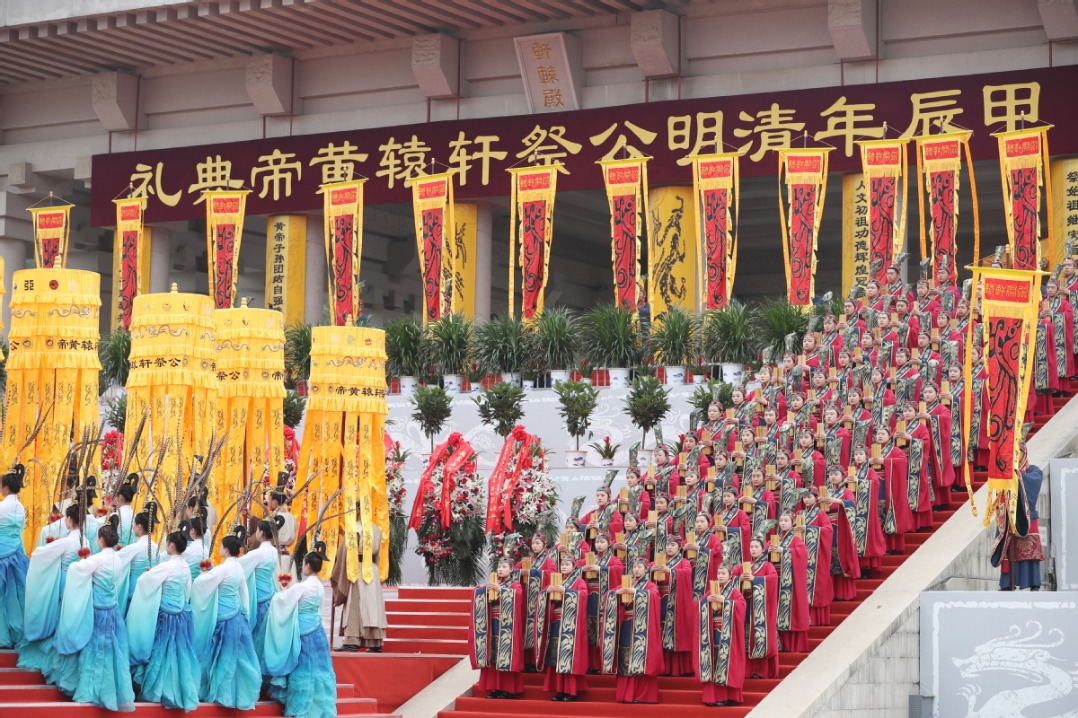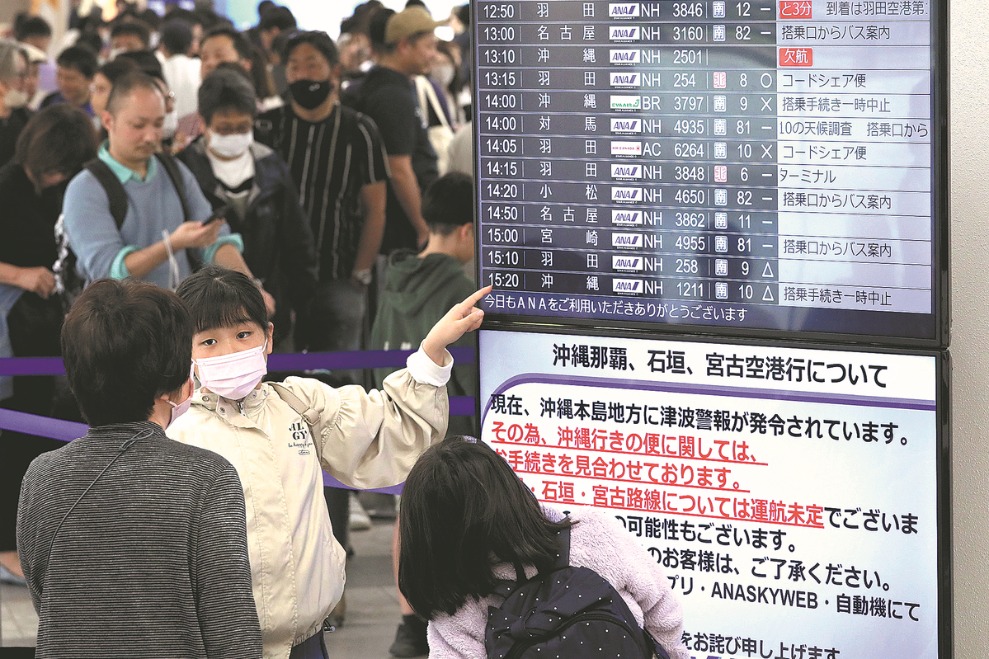Pioneer Chinese scientist Lu Yuanjiu dies at 103
By ZHAO LEI | China Daily | Updated: 2023-06-07 09:15

Distinguished scientist Lu Yuanjiu, a recipient of the July 1 Medal, the Communist Party of China's highest honor, died on Tuesday in Beijing. He was 103.
Lu was one of the most decorated scientists in China and one of the founders of the nation's space industry.
He was an expert on automatic control, gyroscope and inertial navigation technology.
Born in January 1920 in Laian county, Anhui province, Lu was a diligent student. He was admitted to the department of aeronautical engineering at the National Central University in Chongqing in 1937 and graduated four years later.
In 1945, he went to the United States to research inertial navigation at the Massachusetts Institute of Technology under the direction of Charles Stark Draper, known as the "father of inertial navigation", who played a key role in the Apollo lunar landing missions.
After receiving his doctorate at MIT, Lu continued his research in the US until 1956.
Due to the political atmosphere at the time, many scientists and students of Chinese origin working and studying in the US were prevented from traveling or returning to China.
The official reason was matters of confidentiality, but eventually Lu was able to overcome the US government's objections and returned with his family to China.
Soon after his return, Lu was tasked with helping to establish the Chinese Academy of Sciences' Institute of Automation, later being named its deputy director.
At the institute, he took part in the planning and design work for the country's sounding rockets — one- or two-stage solid-propellant rockets used for probing the upper atmosphere and for space research — and satellites.
He also led the research and development of inertial navigation technology in China.
A host of equipment and technologies developed by Lu and his fellow researchers were used in the design and construction of the country's first satellite, which was lifted into orbit in April 1970.
From 1978 to 1983, Lu was director of the Beijing Institute of Aerospace Control Devices and also chief engineer at the ministry of astronautics.
Under his guidance, many achievements were made in research on inertial navigation and control technologies, laying a solid foundation for the development of new carrier rockets and spacecraft.
His academic accomplishments led to him being elected as an academician of the Chinese Academy of Sciences in 1980, an academician of the International Academy of Astronautics in 1985 and an academician of the Chinese Academy of Engineering in 1994.
He was a senior adviser to China Aerospace Science and Technology Corp and China Aerospace Science and Industry Corp, two leading space contractors.
In recognition of his service and contribution to the nation and the Communist Party of China, Lu was one of 29 Party members awarded the July 1 Medal, the Party's highest honor, by President Xi Jinping, who is also general secretary of the CPC Central Committee, at a ceremony at the Great Hall of the People in Beijing in June 2021.
The medal was conferred for the first time that year as part of the celebrations of the centenary of the CPC's founding.
























